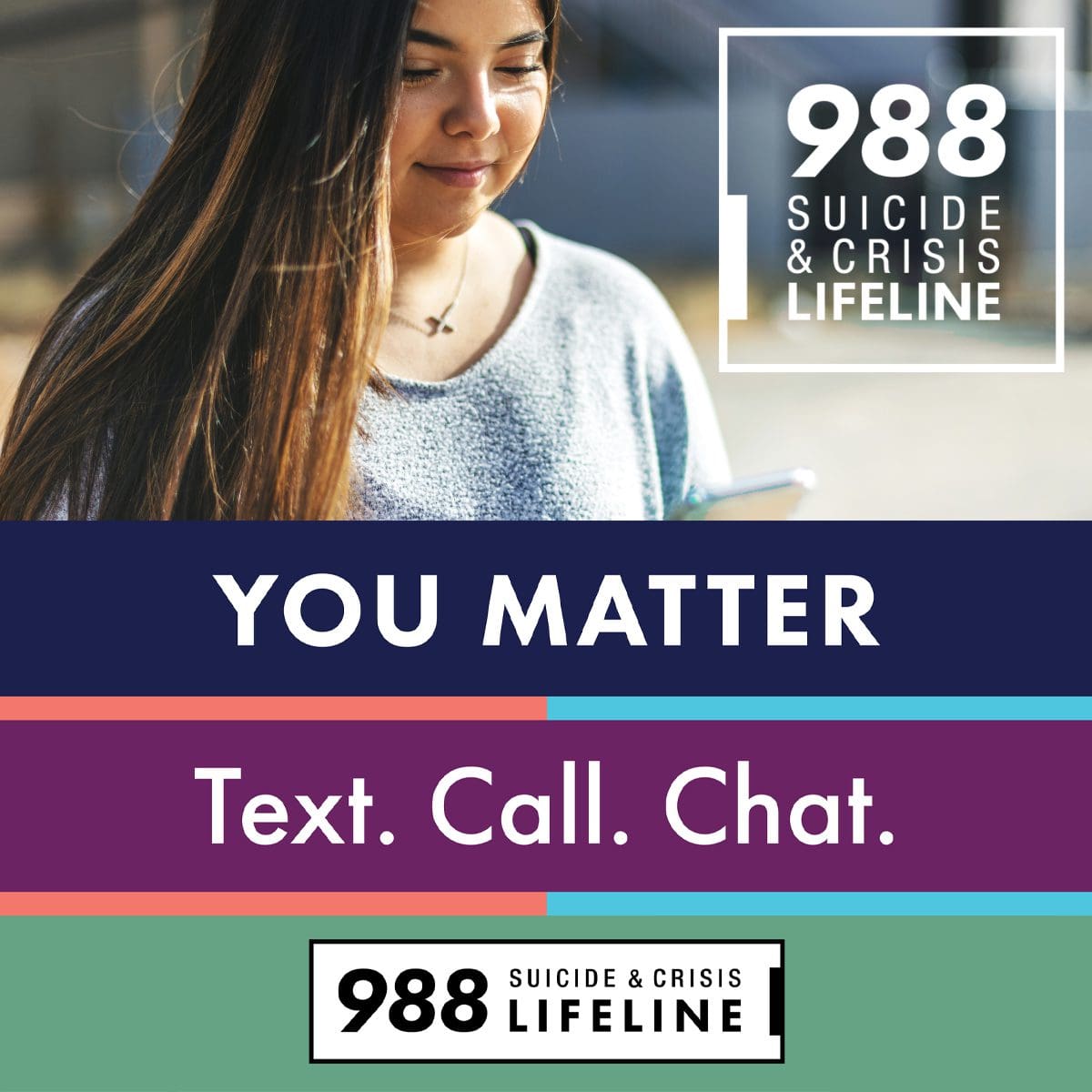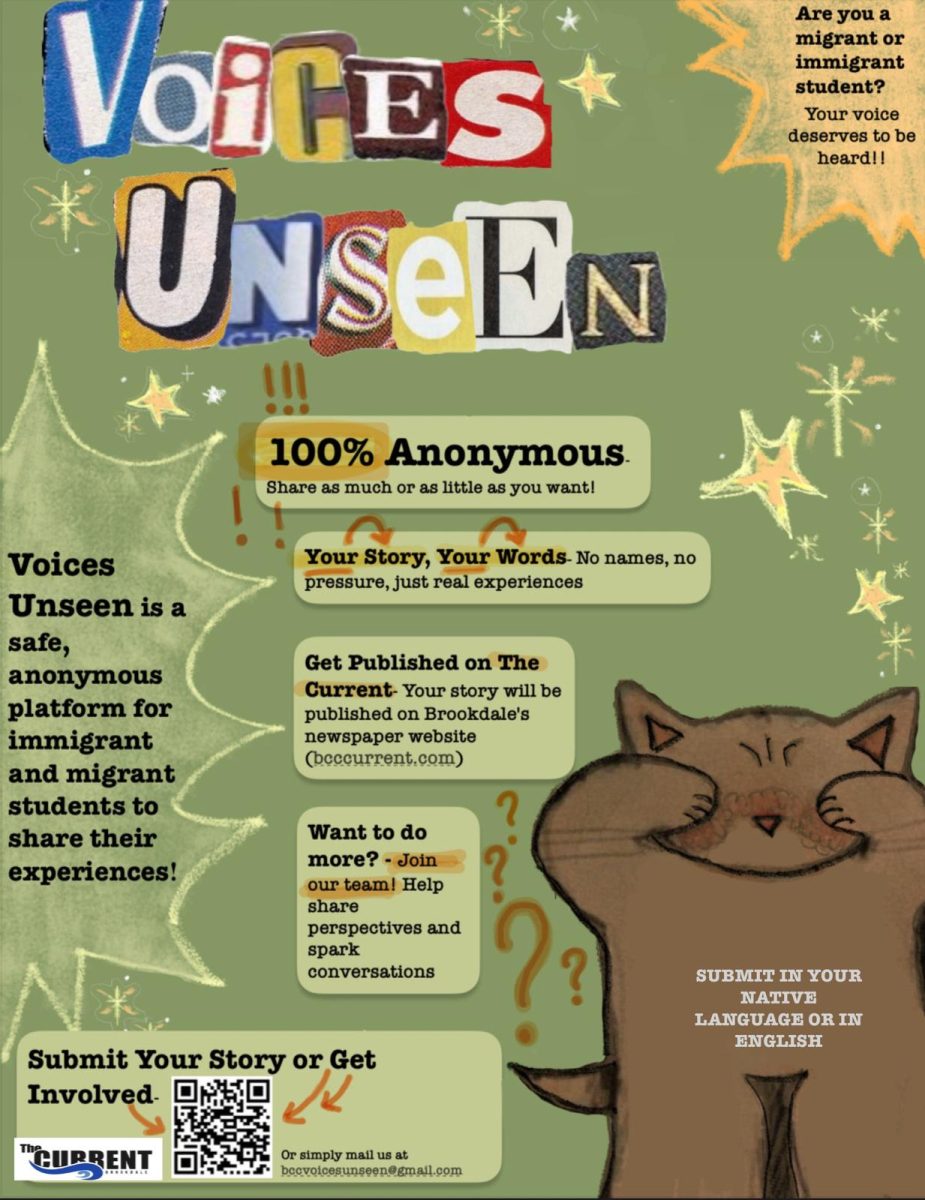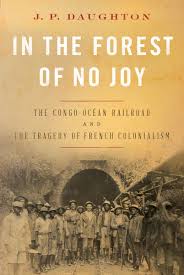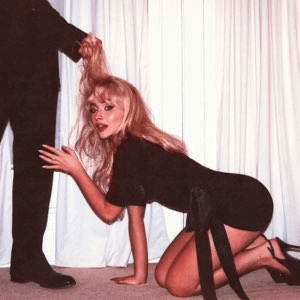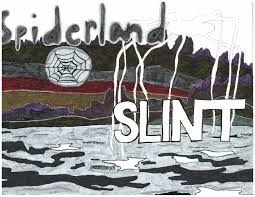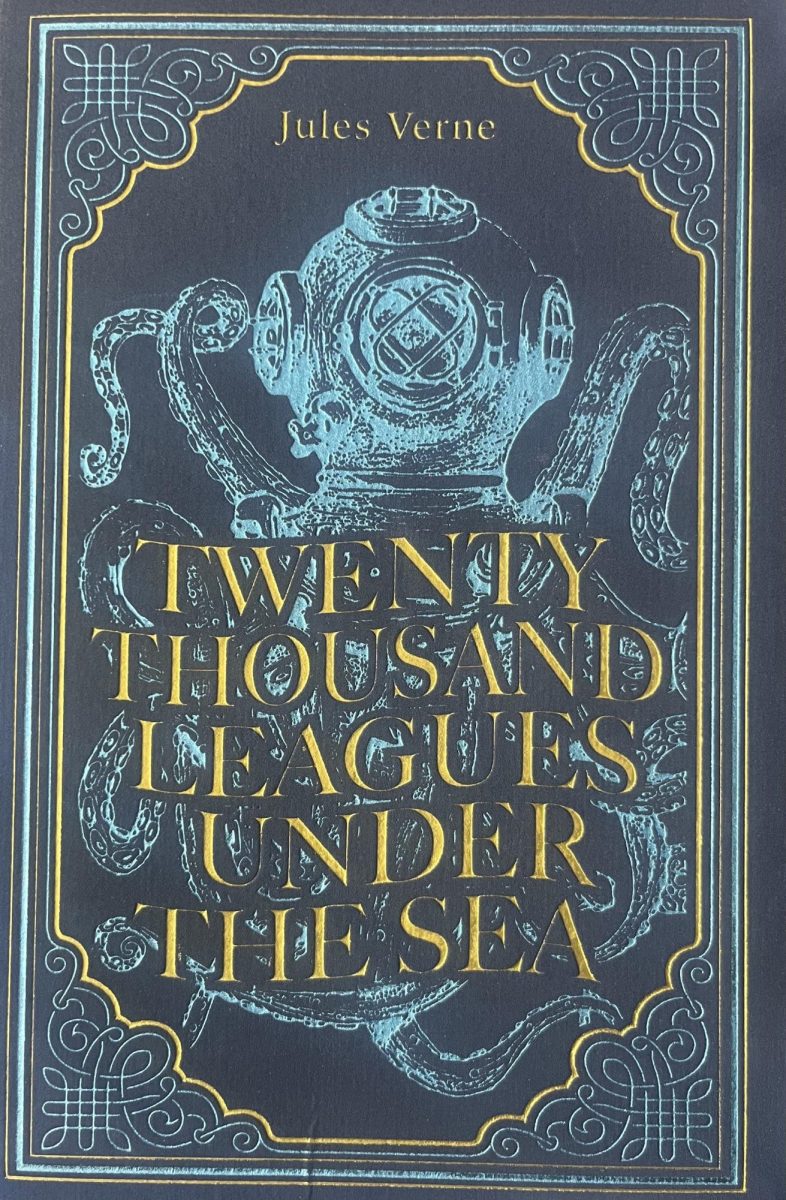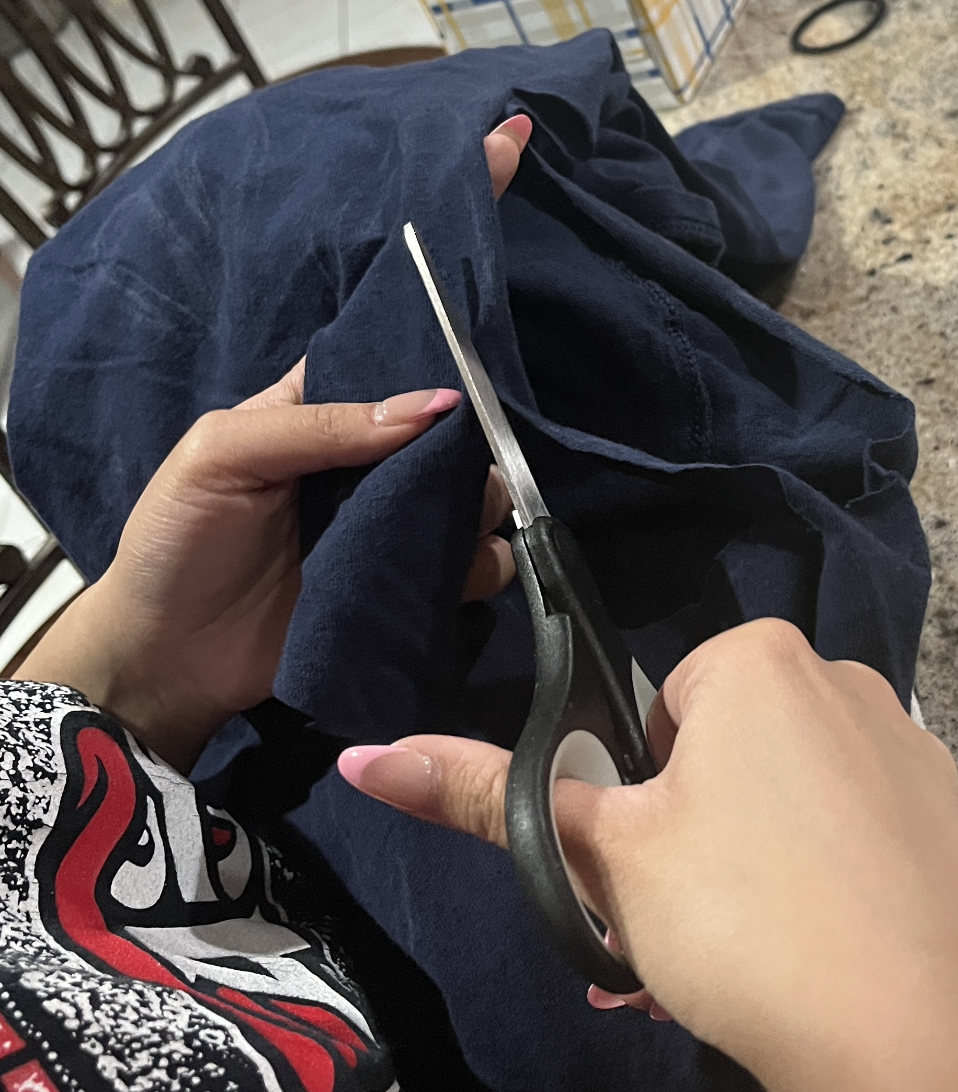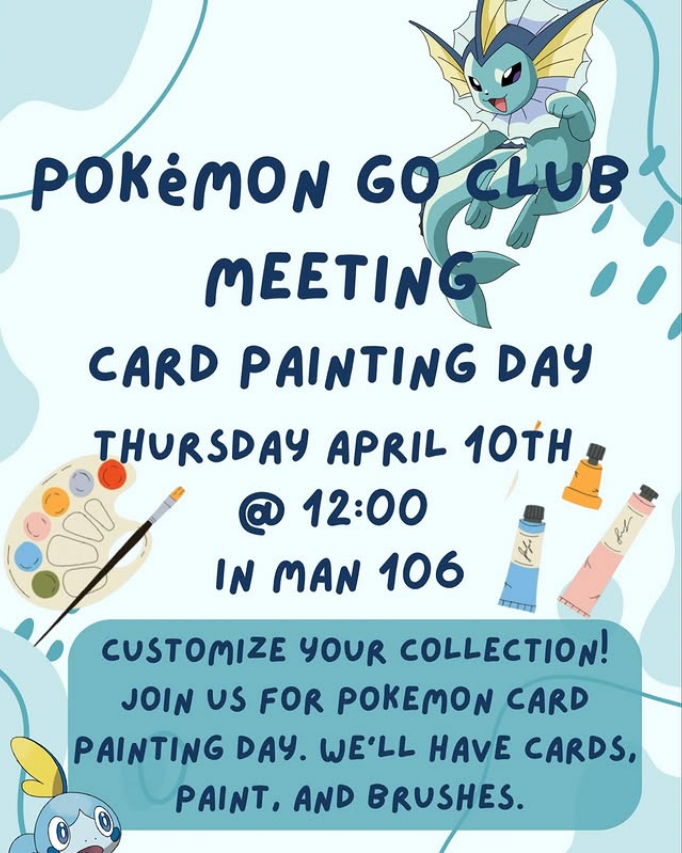‘This too will pass’
April 1, 2020
The coronavirus first became real to me when a friend of mine was tested. This was back in January. My friend had come home from China in December at the end of the semester at the school where we both are students, Wesleyan University.
In January, he returned to campus to start the spring semester and I did not, as I had graduated early. He wasn’t feeling well, so he went to the health center on campus and was quarantined while being tested for COVID-19. This made the news headlines and all eyes were on him and the test results. There were no reported cases in the U.S. at this time. Results came back, and my friend was in the clear — a negative. We were safe…for now.
Things started to slowly creep closer as news came in of China rushing to build more hospitals and of face-mask prices soaring. Our attention was shifted to Italy as cases began to show up around Milan and Bologna. I began to sweat when hearing coronavirus news because my younger brother was studying abroad in Rome.
People spoke of plans for closing down schools in the U.S., and almost everyone, including myself, shrugged them off. “No way school is getting closed.” Within days my brother’s study abroad program was canceled, and he had to come home immediately. Coincidentally, one of his friends in Italy is running a fever.
Spring break begins, and I see some friends from Wesleyan. They really don’t want school to be canceled and their senior years to be cut short. I think there is a good chance they won’t cancel. A petition was being passed around with over 2,000 signatures, asking the administration at Wesleyan not to cancel school. Only Harvard and Amherst had canceled at this point. The next day, Wesleyan decides they will be online for the rest of the year, and students would have to move off-campus by March 21.
Pretty soon, the restaurant that I work at is closed, and I am stuck at home with my mother, a teacher now relegated to the online classroom, my father, who is unemployed, and my brother who had spent two weeks self-quarantining in his girlfriend’s beach house. New Jersey is seeing many more cases every day and a family from Freehold, the town I live in, is ravished by the virus — four family members died. My sister, a nurse living in New York City, is working around the clock as her hospital fills with patients.
As I write this, I get a text on my phone saying five Brookdale students, two employees and one vendor have tested positive for the virus. For me, this history-shaping event started as a small light flickering at the end of a tunnel. Now, I can see it is a monumental train barreling toward me and virtually everyone else on the planet. Just as quickly as the virus changes day by day, so does our economic and political realities.
I am very frightened; I comfort myself with the words “this too will pass” and the hope that this disease will teach us some things about preparedness, economic justice, companionship, and compassion.

